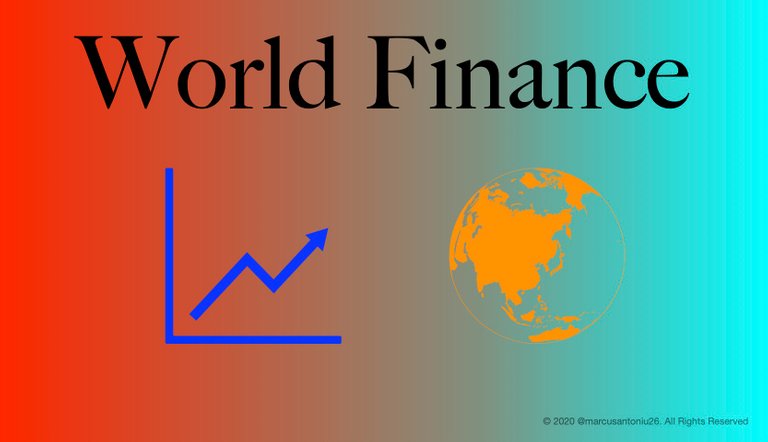
Central bank digital currencies (CBDCs) can potentially lead to hyperinflation if not properly managed. Hyperinflation occurs when there is a rapid and uncontrolled increase in the money supply, leading to a rapid decline in the value of the currency. This can be caused by several factors, including excessive money printing and overspending by the government.
One concern with CBDCs is that they allow central banks to directly control the money supply. This means that they can issue unlimited amounts of money without the need for physical currency, which can lead to uncontrolled money printing. The ease with which money can be created and distributed can lead to an increase in the money supply, leading to an increase in inflation and a decrease in the value of the currency.
Additionally, the use of CBDCs can reduce the accountability of the central bank. With physical currency, it is possible to see how much money is being printed and distributed, but with CBDCs, the central bank has greater control over the money supply and can potentially issue unlimited amounts of money without being held accountable. This lack of accountability can lead to a mismanagement of the money supply, leading to hyperinflation.
Furthermore, the use of CBDCs can also increase the risk of cyberattacks, which can lead to the theft of large amounts of digital currency. This can disrupt the economy and cause a rapid increase in the money supply, leading to hyperinflation.
In conclusion, CBDCs pose a risk of hyperinflation if not properly managed. To mitigate this risk, it is important for central banks to implement proper safeguards and ensure that the money supply is managed in a responsible manner.
For further information, read this article